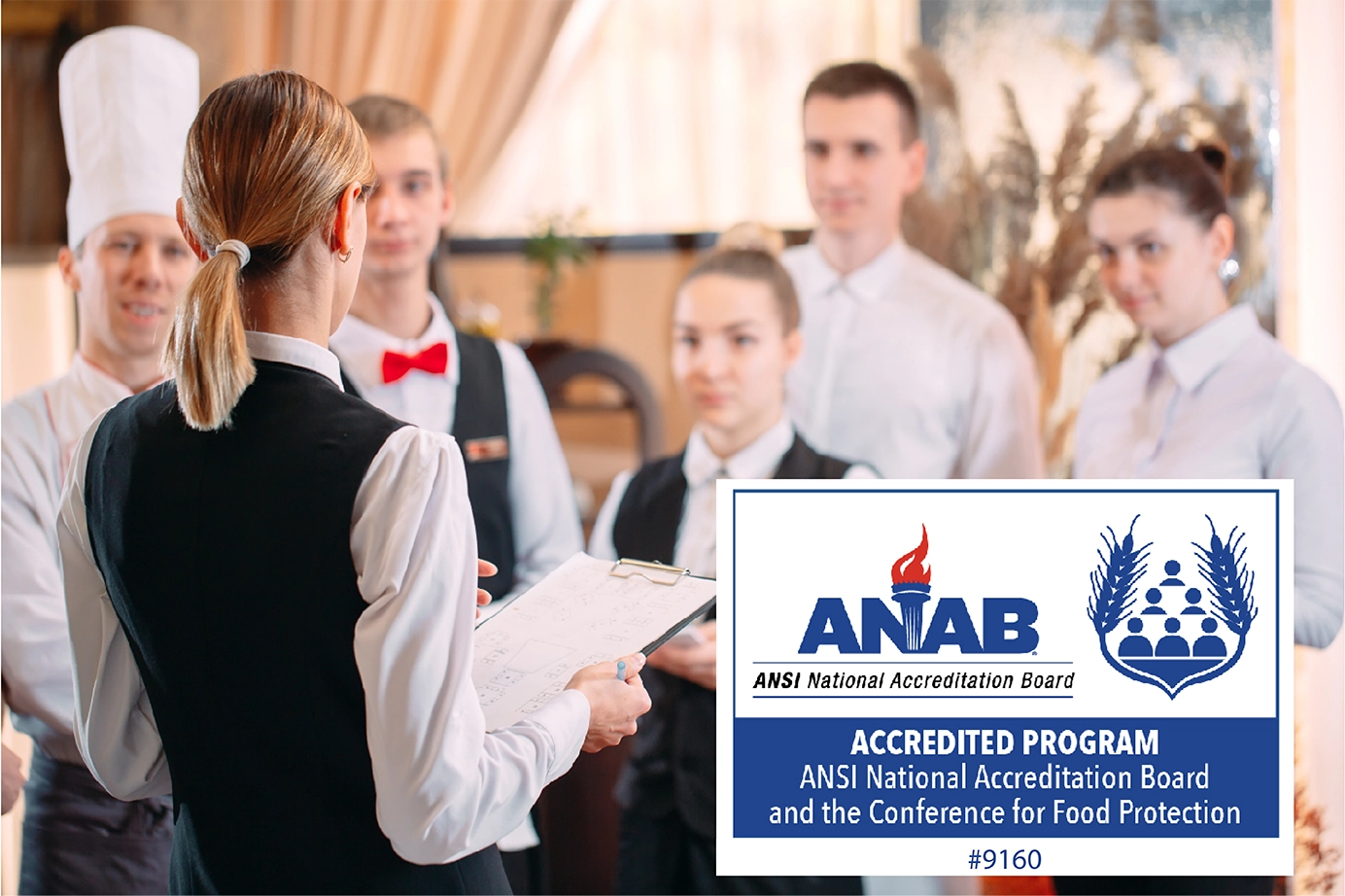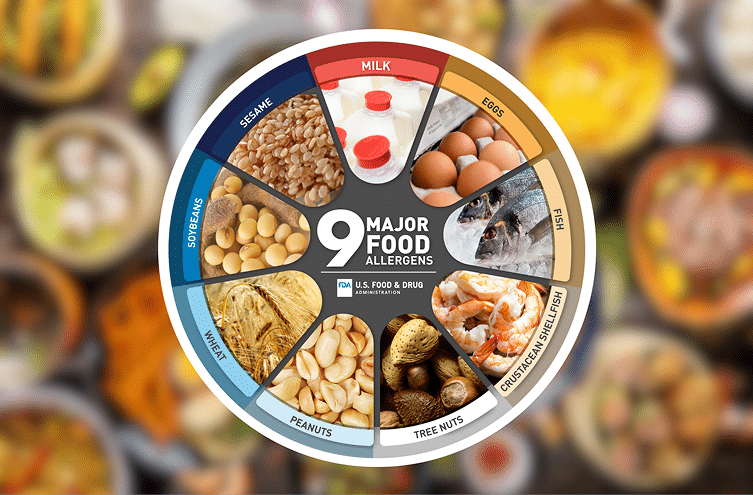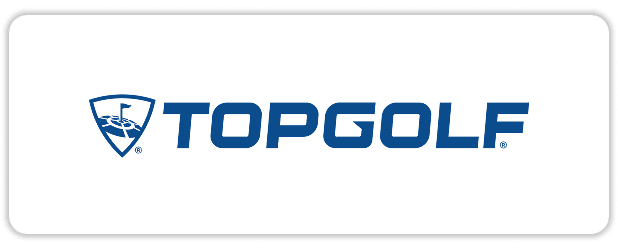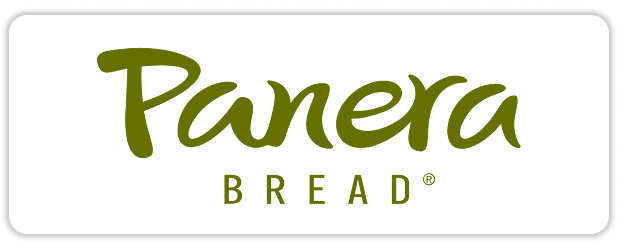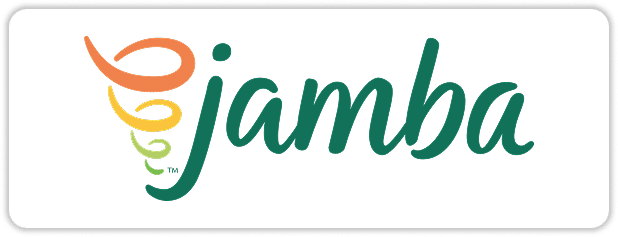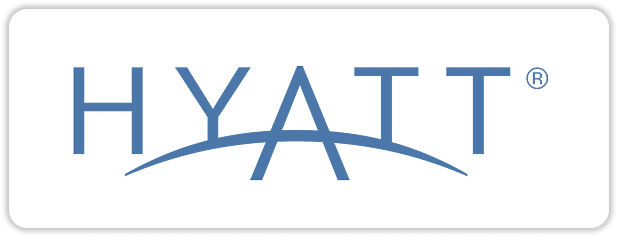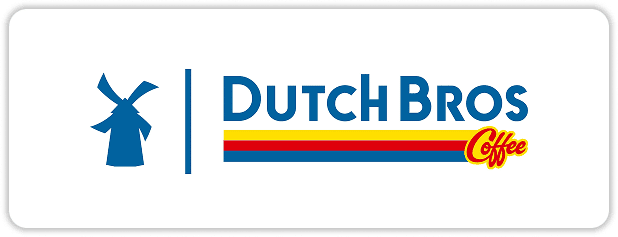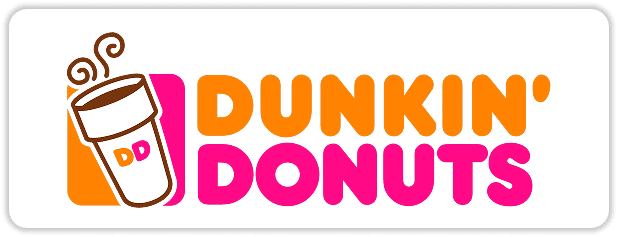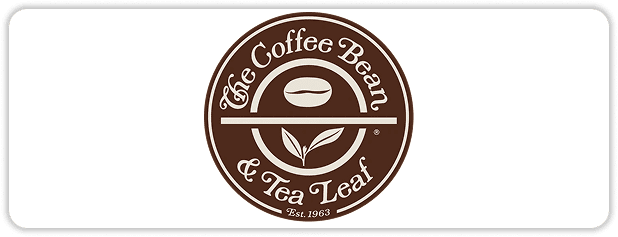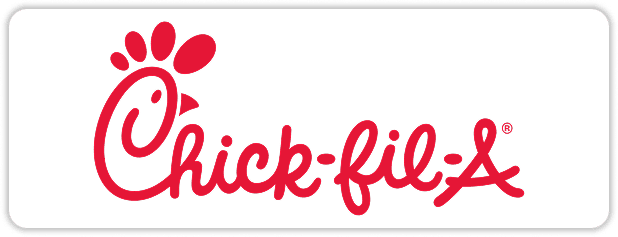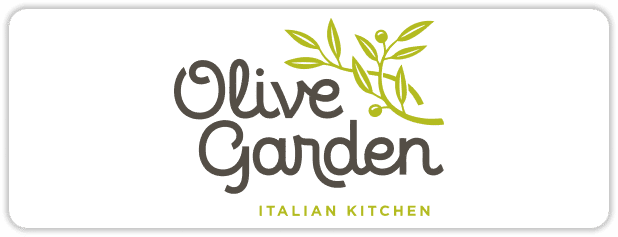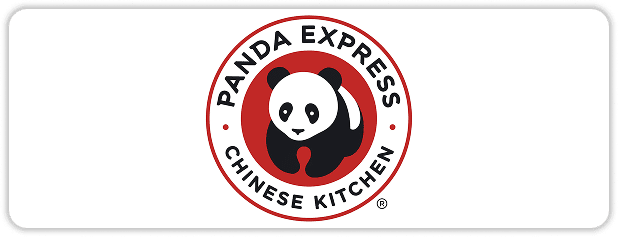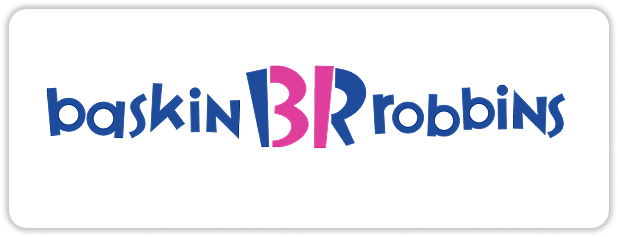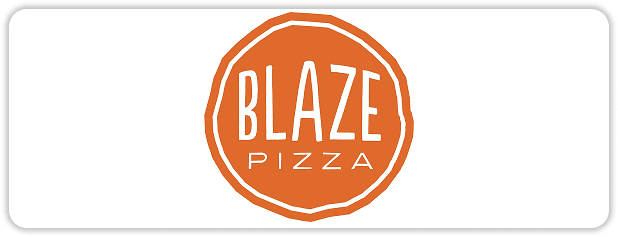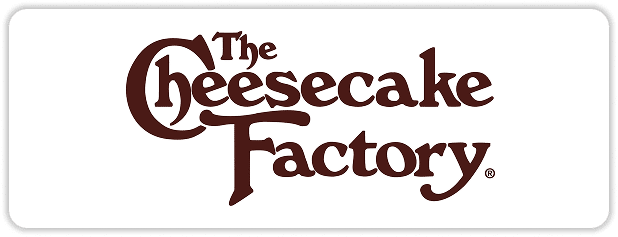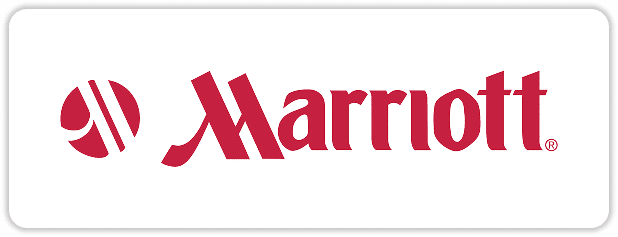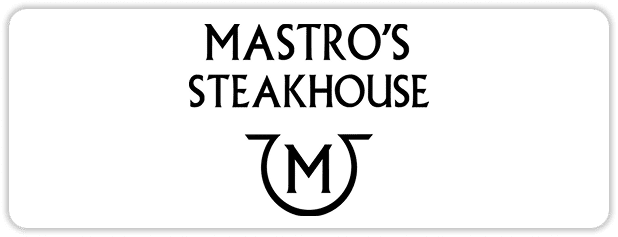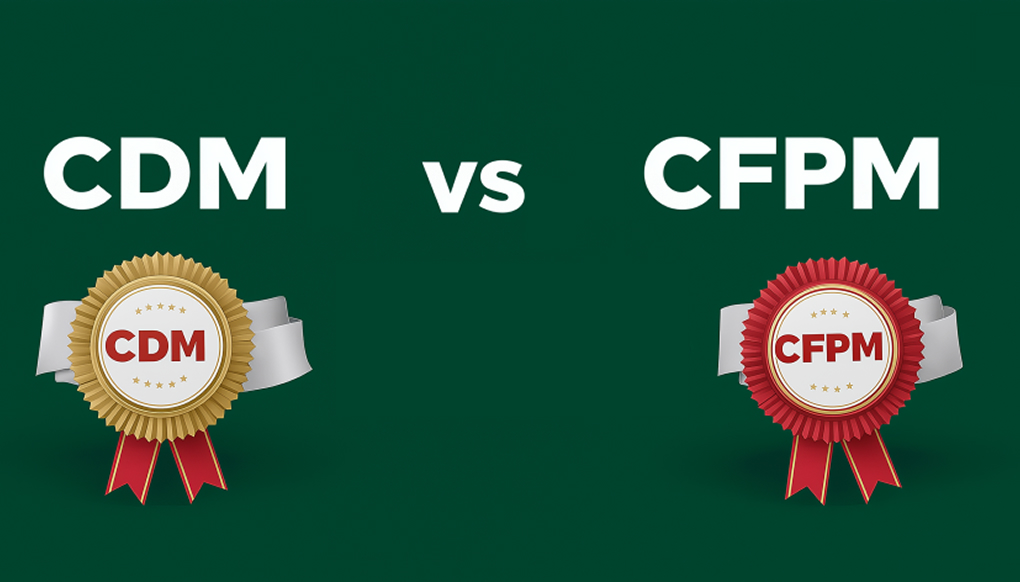
Comparing Certified Dietary Manager (CDM) and CFPM: What You Need to Know
Food establishments — from restaurants to healthcare facilities — must have at least one person in charge per shift who is trained in food safety management. This ensures they understand how to prevent foodborne illnesses, control contamination risks, and implement Hazard Analysis and Critical Control Point (HACCP) principles.
Two of the most recognized certifications for food managers are the Certified Dietary Manager (CDM) and the Certified Food Protection Manager (CFPM). While both emphasize food safety, they differ in scope, purpose, and requirements.
This article breaks down the key differences between CDM and CFPM certifications so you can determine which is best for your career path.
What is a Certified Dietary Manager (CDM)?
The (CDM) Certification is a professional certification for individuals who manage foodservice operations — especially in healthcare and institutional settings such as hospitals, long-term care facilities, schools, and correctional institutions.
To become a CDM, candidates must demonstrate competency in five significant areas:
- Nutrition
- Foodservice
- Personnel and communications
- Sanitation and safety
- Business operations
After passing the CDM exam, you also earn the Certified Food Protection Professional (CFPP) Certification. Together, they form the full designation: CDM, CFPP.
Eligibility Pathways
To sit for the CDM exam, you must qualify under one of several pathways, such as:
- Successfully completing a sanctioned foodservice management training course
- Holding a degree in foodservice management, nutrition, or a related field
- Completing a 90-hour foodservice course with two years of management experience
- Military foodservice training experience
Exam Details
- Length: 3 hours
- Questions: 160 multiple-choice (140 scored, 20 unscored)
- Cost: Approximately $425
- Location: Proctored at an official testing center
To maintain certification, CDMs must complete 45 hours of continuing education every three years, including at least 9 hours in sanitation and safety and 1 hour in professional ethics.
Summary:
The CDM Certification is best suited for professionals in healthcare or institutional foodservice. It covers not only food safety but also nutrition, business, and management skills.

Who is a Certified Food Protection Manager (CFPM)
The Certified Food Protection Manager (CFPM) program is designed for individuals responsible for food safety in all types of food establishments — from restaurants and cafeterias to schools and healthcare facilities.
This certification is recognized nationwide and meets the FDA Food Code requirement for a “person in charge” to hold food protection manager certification.
Key Exam Topics
The CFPM exam focuses exclusively on food safety principles, including:
- Preventing cross-contamination and cross-contact
- Proper hygiene and employee health practices
- Time and temperature control for food safety
- Cleaning and sanitizing procedures
- Facility maintenance and pest prevention
Unlike the CDM, there are no prerequisites for taking the CFPM exam. However, most candidates complete a food manager training course to prepare.
Exam Details
- Length: 1–2 hours
- Questions: 70–90 multiple-choice (10–20 unscored)
- Cost: Around $75–$120
- Format: Online or in-person, with a proctor
- Renewal: Every 5 years by retaking the exam
Summary:
The Certified Food Protection Manager Certification focuses entirely on food safety and is required by most state and local health departments for any person in charge of a food operation.
Side-by-Side Comparison: CDM vs CFPM
| Feature | CDM | CFPM |
| Prerequisites | Must meet one of several eligibility pathways | None |
| Cost | Around $425 | $75–$100 |
| Number of Questions | 160 (20 unscored) | 70–90 (10–20 unscored) |
| Exam Topics | Nutrition, foodservice, management, sanitation, business operations | Food safety and sanitation only |
| Proctored | In-person only | Online or in-person |
| Renewal Requirements | 45 continuing education hours every 3 years | Retake exam every 5 years |
| Typical Workplaces | Healthcare facilities, schools, institutions | All food establishments |
Summary:
The CDM is broader and more specialized for healthcare and institutional settings, while the CFPM is more general and food-safety specific, applicable to nearly all food operations.
Which Certification Should You Choose?
Your choice between CDM and CFPM depends on your career goals and work environment.
If you’re pursuing a leadership role in a healthcare foodservice setting, the CDM Certification is the gold standard. Reflecting advanced capabilities in nutrition, menu planning, and healthcare operations, this certification is acknowledged by the Centers for Medicare and Medicaid Services as suitable for directors of food and nutrition services
However, even with a CDM Certification, many states still require the CFPM certification since the CFPM is accredited by the ANSI National Accreditation Board (ANAB) and recognized by local health departments nationwide.
If you work in or manage restaurants, schools, or other commercial food operations, the Certified Food Protection Manager Certification is essential — and often mandatory — for compliance.
Summary:
- The CDM is best for professionals managing food and nutrition services in healthcare.
- The CFPM is required for most foodservice managers in commercial or institutional environments.
- In many cases, earning both Certifications can strengthen your qualifications and career flexibility.
The Bottom Line
Both the CDM and Certified Food Protection Manager (CFPM) certifications demonstrate your commitment to food safety and leadership excellence.
The CDM focuses on the broader scope of nutrition and management in healthcare and institutional foodservice, while the CFPM emphasizes core food safety principles required in all food establishments.
Even if you earn your CDM, obtaining the CFPM ensures compliance with state and local health codes — making you a stronger, more versatile professional in the food industry.


